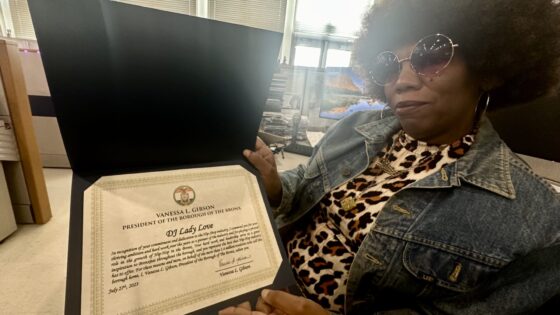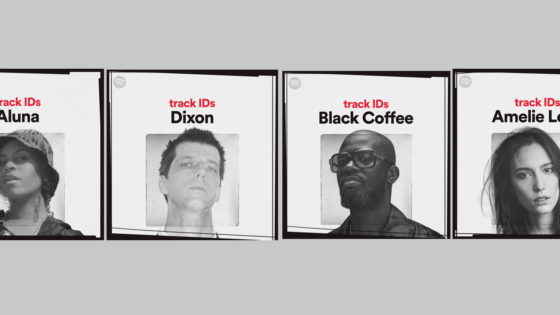Chances are, you, or at least someone you know, currently has an obsession with Spotify. The game changing music streaming service launched in the US in 2011 and internationally shortly afterwards, and soon began sweeping their respective nations.
With the Premium membership being one of the most worthwhile fees you pay these days. It’s overtaken services like Google Play and Apple Music, which are proprietary in nature, by being cross platform and available on multiple other platforms, such as Playstation and Xbox. The streaming service is also a popular desktop app where you can see friend streams of what they’re listening to, and curate playlists seamlessly just like on the mobile apps.
But, behind every media giant is always controversy, and Spotify is no different. The main point of interest in the Spotify model is how fairly they compensate artists who’s media they are streaming. The breakdowns are hazy, but there is a small monetary value that artists should be receiving for each stream and save of their track.
This particular case stems from two separate law suits from musicians David Lowery of Camper Van Beethoven and Melissa Ferrick, that combined into a class action. The artists agreed to the proposed settlement from Spotify, which will include an immediate cash payout of $43.5 million. Spotify will also commit to paying ongoing royalties to the affected artists. According to the suits, Spotify did not pay for the mandatory licenses required to use some songs. The large settlement, rumored to be $43 million total when it was first brought up in 2017, seems to satisfy all parties involved in the suit.
This suit going so far and actually awarding a cash value is a massive step forward for this industry. The main gripe most have with these modern streaming services is that it really isn’t benefiting the artist, rather the company that hosts their works, doing a minuscule percentage of the work for the maximum profit. The ruling shows that the tides seem to be changing in favour of the artist.
While these cases drag out in court, there is one looming bit of potential reprieve for Spotify in the form of the Music Modernization Act. The bill is designed to pave the way for improved royalty payments for artists, and will also simplify the mechanical licensing system that services like Spotify use to acquire rights to music. Not many details released yet, and it is still being discussed just how this will work, but we see this as a massive step forward for artists receiving fair and honest compensation for their work across all platforms.
In any case, it’s good to see a case like this turning in the way of the musician, and we are personally very excited to see the future in this industry as it moves forward.
Do you think the ruling was fair? Let us know in the comments!
Important things happen in Pacific Northwest nightlife, and DMNW will send you alerts!








































